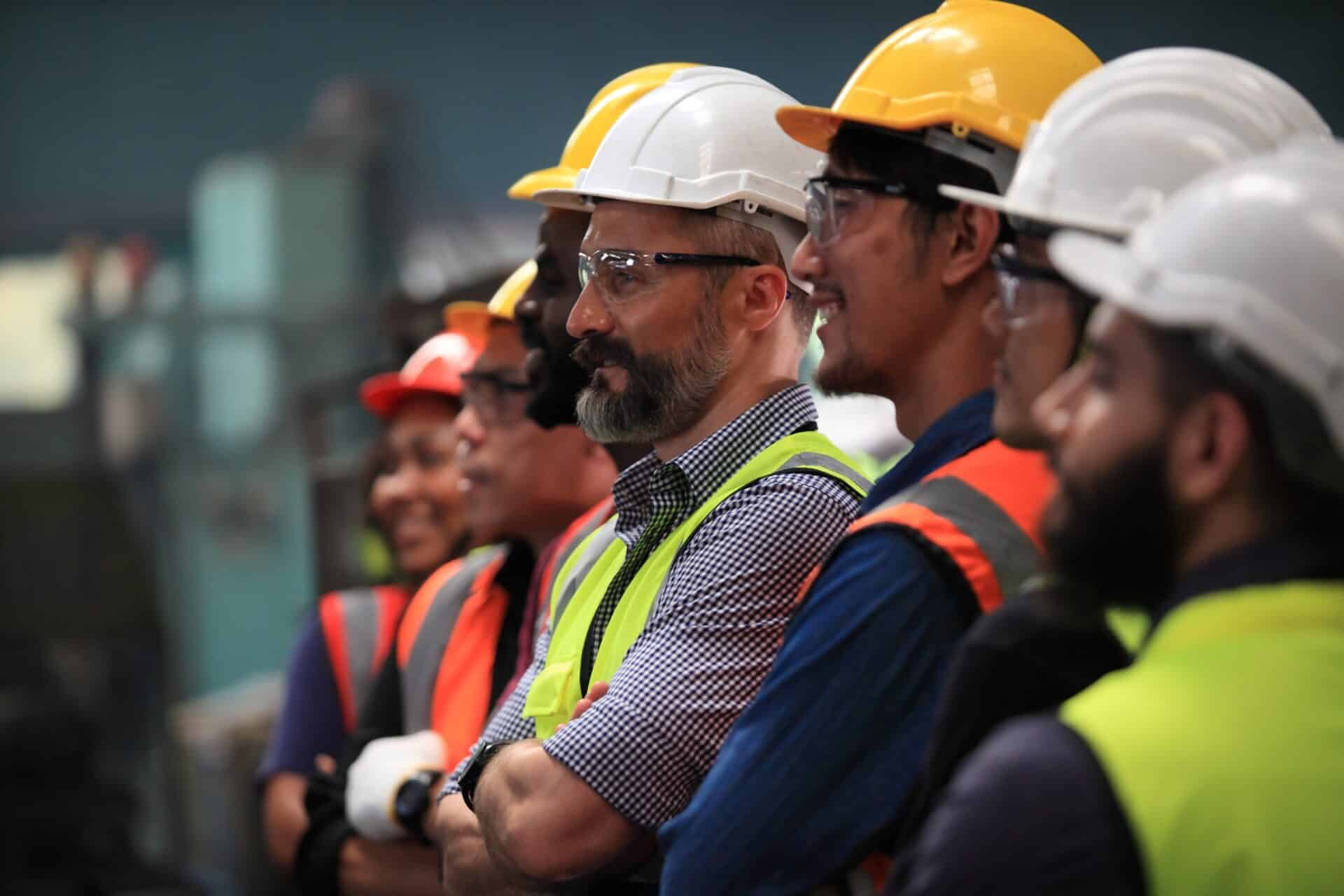In the dynamic landscape of modern business, Lean management generates a powerful framework for driving continuous improvement and operational excellence. At the heart of any successful Lean transformation lies the crucial role of frontline managers and supervisors. These individuals serve as the linchpin between strategic vision and daily operations, wielding significant influence over the success of Lean initiatives within an organization.
Frontline managers and supervisors are the backbone of the workforce, translating high-level objectives into actionable goals and plans and guiding their teams toward operational excellence. Their role becomes even more pivotal when you consider that they are the link between Lean Leaders/Site Managers and employees and operators. They constantly focus their teams on satisfying customers’ expectations and are tasked with leading the charge toward developing a continuous improvement and waste elimination culture and reinforcing the “Gemba” mindset.
One of the primary responsibilities of frontline managers and supervisors in a Lean environment is to foster a culture of accountability and ownership among their teams. They must empower employees to recognize waste (non-value-adding activities) and address inefficiencies in their processes, encouraging them to identify the critical things to improve (visual standards – changeover reduction, quality…) and take ownership of their work. By instilling a sense of pride and ownership in their teams, frontline leaders can create a fully engaged workforce committed to the Lean journey.
They support teamwork and performance management. They help leaders build a lively and visual performance management system, allowing teams to connect their improvement targets to the relevant metrics (leading indicators). This not only shows how the team performs on a daily and weekly basis towards the expected goals and targets but also reinforces ownership and accountability. Crucially, they bridge the gap between individual team efforts and broader organizational goals, ensuring that every contribution aligns with and supports the company’s overarching objectives.
Furthermore, frontline managers and supervisors are critical in facilitating department communication and collaboration. In a Lean organization, silos are dismantled, and cross-functional teams work together towards common goals. Frontline leaders must serve as catalysts for collaboration, breaking down barriers and fostering open communication channels that enable information sharing and problem-solving across the organization.
Frontline managers and supervisors are responsible for providing ongoing coaching and support to their teams as they navigate the challenges of Lean transformation. They must equip their employees with the skills and knowledge needed to succeed in a Lean environment, providing problem-solving training and guidance as necessary. By investing in the development of their teams, frontline leaders can ensure that they are well-equipped to drive continuous improvement and adapt to changing business needs.
Moreover, frontline managers and supervisors serve as role models for their teams, embodying Lean leadership principles through their actions and behaviors. They must lead by example, demonstrate a commitment to continuous improvement, reinforce the problem-solving mindset, show respect for people, and a relentless focus on customer value. By modeling Lean principles in their daily interactions, through Gemba walks, and in decision-making, frontline leaders can inspire their teams to embrace the Lean mindset and contribute to the organization’s success.
There can be little debate that the role of the Frontline Manager and Supervisor is indispensable in navigating the complexities of Lean transformation. The question then is how to ensure these pivotal leaders are equipped with the resources and skills necessary for success? Below are five critical elements designed to empower them to excel in their roles and propel your Lean transformation efforts forward:
1. Provide targeted training support and mentoring. A broad offering of programs will allow each manager/supervisor to obtain the training they need. Create a training plan and provide access to courses covering both:
- Lean principles to enhance their problem-solving capabilities and understanding of operational excellence that they can tailor to their own environment.
- Essential soft skill development such as conflict resolution, effective communication, and team leadership to enhance their operational and interpersonal capabilities.
2. Foster Decision-Making Autonomy: Encourage independent decision-making within defined boundaries to boost confidence and ownership of results.
3. Allocate Necessary Resources: Ensure access to the resources needed for implementing continuous improvement projects, including time, tools, technical and leadership support.
4. Promote Open Communication: Establish channels for transparent communication and feedback, fostering a culture of trust and collaborative problem-solving.
5. Recognize and Reward Achievements: Implement a recognition system that highlights and rewards contributions to Lean initiatives and team successes.
Arguably, the most crucial element in the success of the frontline leader is upper management’s visible presence and engagement in the workplace, showing a genuine interest in the activities and challenges frontline teams face. When upper leadership consistently communicates the “Why” of Operational Excellence, and regularly engages on the shop floor, it not only boosts the credibility of frontline leaders but also signals to all employees the value placed on their contributions and the Lean journey. By actively participating in Gemba walks and being approachable, upper leadership can provide direct support, encourage open communication, and exemplify Lean leadership principles in action.
In conclusion, frontline managers and supervisors are central in driving Lean transformation within an organization. As the critical link between strategic vision and daily operations, they are responsible for fostering a culture of continuous improvement, facilitating collaboration, providing support, and coaching, and serving as role models for Lean leadership. By empowering frontline leaders to embrace their role as change agents, organizations can accelerate their Lean journey and achieve sustainable improvements in performance and competitiveness.
